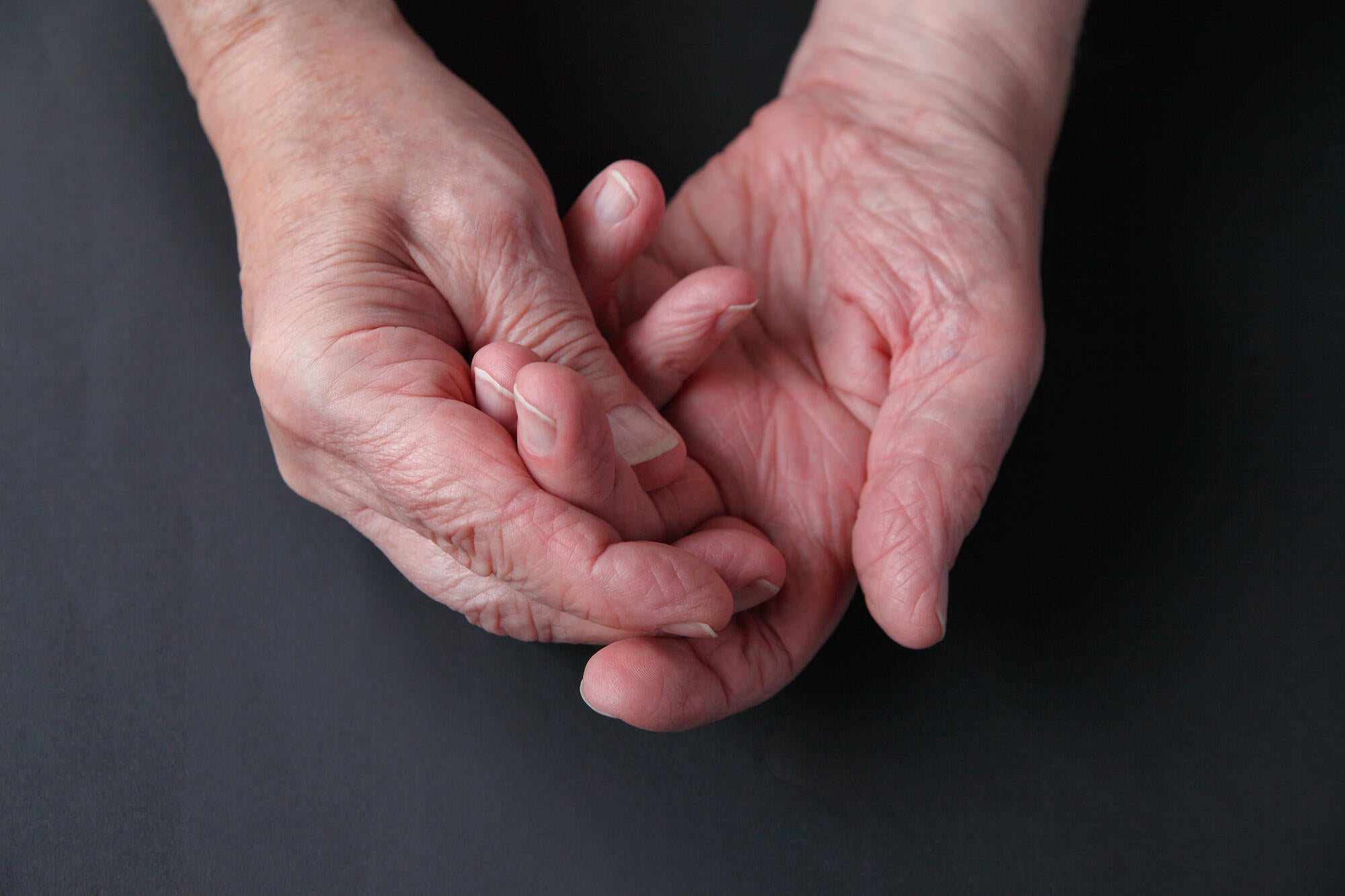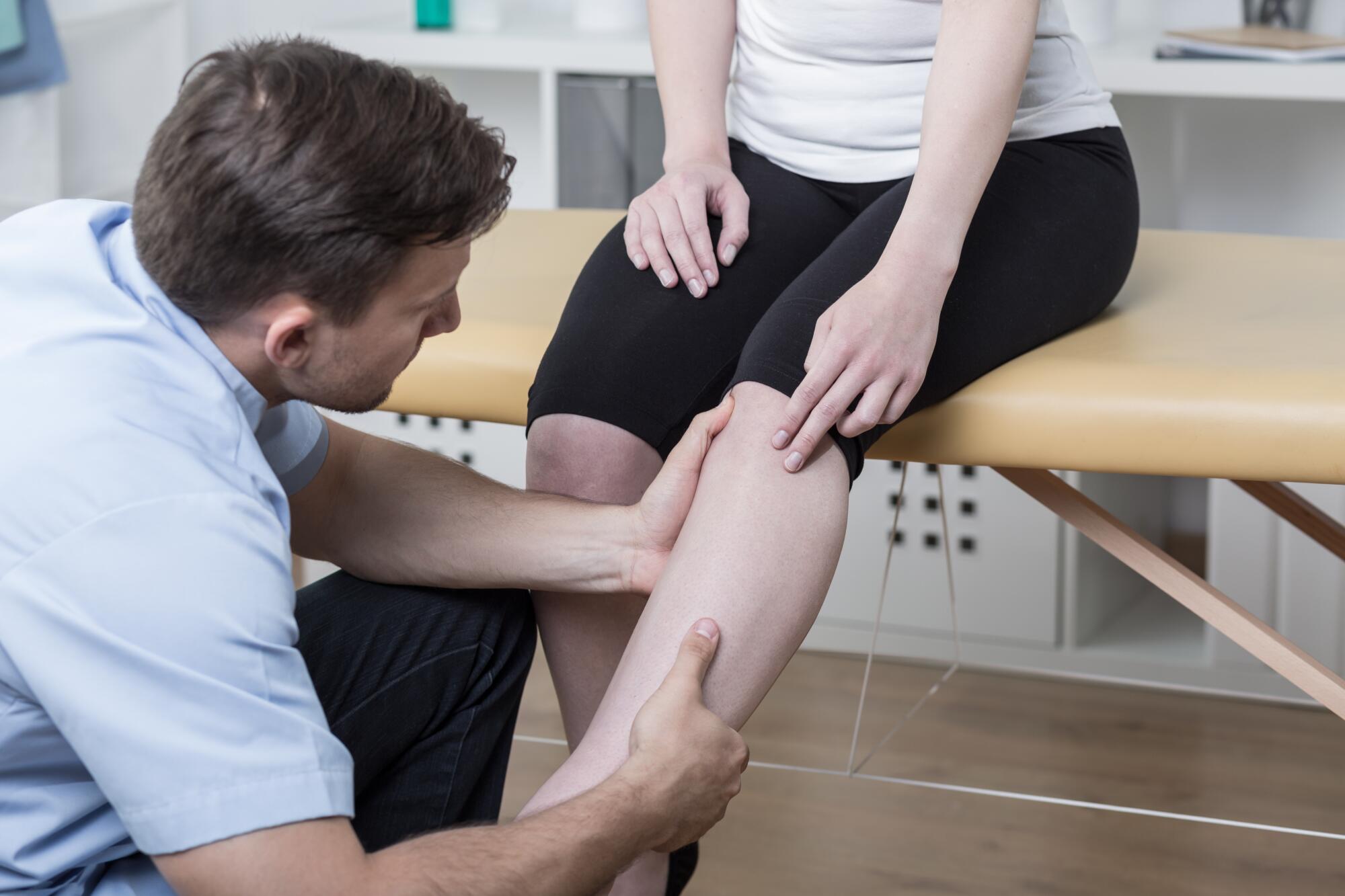
How to Sleep with Peripheral Neuropathy
University of Michigan reports that over 20 million people in the U.S. have peripheral neuropathy, which affects nerves in the limbs.
The condition often causes pain, tingling, or numbness, especially in the feet. These feelings often worsen at night when the body is still. The pain keeps your brain awake and makes it hard to sleep.
Without good sleep, your body cannot heal or manage pain effectively. You feel tired, and the pain may grow. If you wonder how to sleep with peripheral neuropathy, you're not alone.
Rest plays a vital role in the healing process. It helps manage the condition. Here's how to sleep with neuropathy in your feet.
Understand the Root of Neuropathy Pain at Night
Neuropathy pain often feels worse at night because your brain has less to focus on. There are no distractions at night as there's no:
- Noise
- Light
- Movement
- Talking
- Work
- Activity
With less going on, your brain pays more attention to signals from your nerves. These signals may feel like:
- Burning
- Tingling
- Sharp pain
Blood flow also slows down when you lie still, which can make the pain feel stronger.
Understanding this allows you to calm your body. Use these sleep tips for neuropathy to help ease the pain before bed.
Consider Medications and Supplements
Some people need medicine to ease the pain. Others try safe supplements or vitamins. Always ask your doctor what works best for you.
You can also try products from trusted sources, such as Neuro Health. We offer strong supplements that may help with nerve pain and better sleep. Our Neuro Health Sleep Plus Sleep Aid contains:
- Magnesium
- Melatonin
- Ashwagandha
These capsules support deeper rest and better health. Good sleep helps your body heal and lowers pain. That makes it easier to manage neuropathy discomfort each night and feel better each day.
Use a Supportive Mattress
A medium-firm mattress helps your body stay in a healthy position all night. It keeps your spine straight and lowers pressure on your legs and feet.
When your body feels supported, nerve pain can decrease. Placing a pillow under your legs or between your knees adds extra support where your body needs it most.
Choosing the right mattress and pillow can improve sleep quality. Comfort helps your sleep become deeper and more restful.
Soak Feet in Warm Water Before Bed
Soaking your feet in warm water relaxes tight muscles and eases tension. Warm water improves blood flow to your feet. Better circulation can calm your nerves and reduce pain.
Try to soak your feet for 10 to 15 minutes before bed. If your doctor agrees, add Epsom salt to the water. It can help soothe your skin and nerves.
After soaking, dry your feet well to avoid irritation. A simple warm soak can help you manage neuropathy discomfort and make it easier to fall asleep at night.
Avoid Screens Before Bed
Most people today have formed a bad habit of falling asleep while looking at screens. They might go to bed while:
- Watching TV
- Playing on their phones
- Scrolling through social media
- Watching videos on tablets
- Playing games on laptops
Screens give off blue light that tricks your brain. It stops your brain from making melatonin, the sleep hormone. That makes it harder to fall asleep.
Try turning off screens one hour before bed. You can read a book or listen to music instead.
Apply a Cold or Warm Compress
Some people find relief with heat, while others feel better using something cold. You can try both methods and choose the one that helps you most. Wrap a warm or cold pack in a soft cloth to protect your skin.
Then place it gently on the area that hurts. Leave it there for 10 to 15 minutes, but not longer. The temperature change may help calm the nerves and ease pain. Many people use this method for peripheral neuropathy pain relief before bed to help them relax and sleep.
Try Deep Breathing or Meditation
Stress can make nerve pain feel stronger, especially when you're trying to fall asleep. To relax your body, try deep breathing or quiet meditation before bed. Sit in a calm place and close your eyes.
Breathe in slowly through your nose and hold it for a few seconds. Then breathe out through your mouth and repeat. Do this for a few minutes each night.
These steps ease pain and calm your thoughts. They are great tips for better sleep and peaceful rest.
Wear Soft, Loose Socks
Tight clothes or rough fabric can worsen nerve pain, especially at night. Soft, loose socks protect your feet without adding pressure. They keep your skin from rubbing against the bed or blanket.
Choose socks made from cotton or bamboo. These materials feel smooth and let your skin breathe. Some socks are made just for people with nerve pain.
They have no tight bands and feel soft all over. The right socks help you stay warm and relaxed in bed. Wearing them can help you sleep better and feel less pain.
Stick to a Routine
A steady bedtime routine helps your body know when to sleep and when to wake up. Try to go to bed at the same time every night.
Wake up at the same time each morning, even on weekends, as this helps your body build a healthy sleep rhythm. Do the same steps before bed:
- Wash your face
- Brush your teeth
- Read a short book
- Stretch gently
- Drink a warm glass of milk
These habits tell your brain it's time to rest. A strong routine can help you fall asleep faster and learn how to sleep with neuropathy in feet.
How to Sleep with Peripheral Neuropathy: A Simple Guide to Restful Nights
Learning how to sleep with peripheral neuropathy starts with small daily habits. You can ease pain, calm your nerves, and enjoy better rest by changing your sleep space, routine, and mindset.
At Neuro Health, your comfort is our priority. Our founders, Ken Laner and Dan Adams, worked together to create a powerful formula. Dan suffered for years with severe foot pain and found no lasting help.
They studied ingredients that worked and built something stronger. Contact us to learn more about our supplements and how you can get them.

